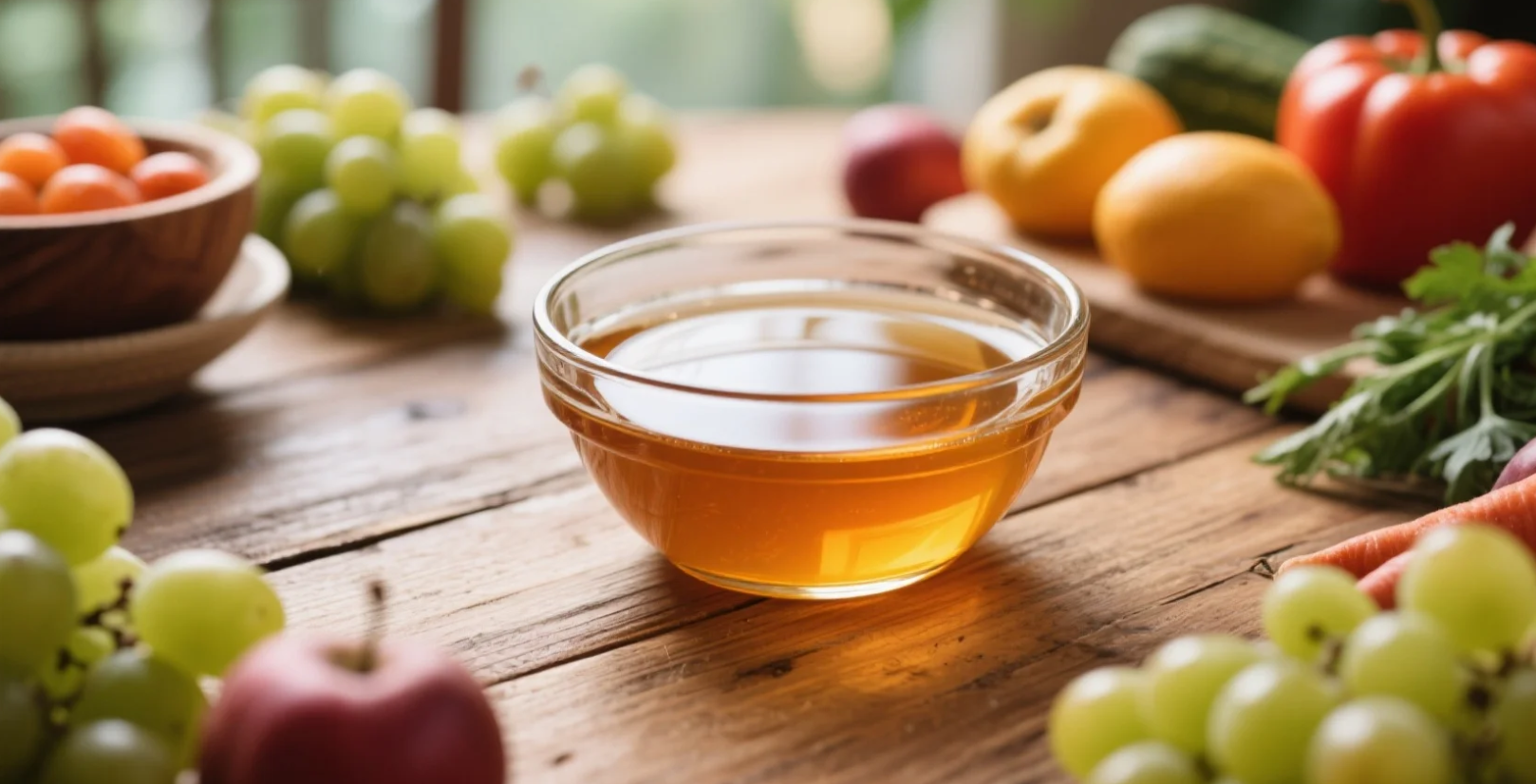Table of Contents
The global food export market is becoming increasingly competitive. Consumers, retailers, and regulators across regions now demand not only taste and functionality but also safety, transparency, and sustainability. For exporters, selecting ingredients that meet these high standards is critical to maintaining access to premium international markets.
One ingredient that has gained significant traction among food exporters is organic glucose syrup, also referred to as organic glucose liquid or organic dextrose syrup. Its certified organic status, clean-label compatibility, and functional versatility make it a preferred choice for products ranging from bakery and confectionery to beverages and functional foods.
Exporters recognize that using organic glucose syrup is more than a technical decision—it is a strategic choice that facilitates compliance, enhances marketability, and strengthens brand reputation.
1. Global Organic Certification Facilitates Export Compliance
One of the most important reasons food exporters choose organic glucose syrup is regulatory compliance. International markets such as the European Union, United States, Japan, and Canada have stringent regulations for organic products.
Organic glucose syrup certified under USDA Organic, EU Organic, JAS, or other recognized international standards allows manufacturers to label their products as organic, simplifying compliance with these regulations.
This certification reduces the risk of shipment rejections or legal disputes, ensuring smoother market access. Exporters benefit from:
- Faster customs clearance for certified products.
- Easier entry into organic and health-focused retail channels.
- Enhanced credibility with distributors and importers.
In contrast, conventional glucose syrup cannot provide the same assurance of compliance, limiting its suitability for high-value export markets.
2. Meeting Consumer Demand for Clean-Label and Organic Products
Consumers around the world increasingly prefer products with natural, transparent ingredients. Studies show that buyers in North America, Europe, and Asia are willing to pay a premium for products labeled organic, non-GMO, and clean-label.
Organic glucose syrup supports these trends by providing:
- A natural, plant-based sweetener derived from certified organic starches.
- A familiar ingredient name that resonates with clean-label consumers.
- A sustainable choice that aligns with growing environmental awareness.
For exporters targeting premium supermarkets, health stores, or online retailers, using organic glucose syrup helps meet consumer expectations while differentiating products from competitors.
3. Functional Advantages for Diverse International Applications
Beyond certification and market positioning, organic glucose syrup offers technical benefits crucial for exporters dealing with international markets.
- Confectionery: Prevents crystallization, improves texture, and maintains softness in gummies, caramels, and chocolates.
- Bakery: Enhances moisture retention, browning, and shelf stability in cakes, breads, and pastries.
- Beverages: Improves mouthfeel, balances sweetness, and stabilizes natural flavors.
- Functional Foods: Acts as a binder in protein bars, energy snacks, and vitamin-enriched products.
These functional properties ensure that exported products maintain consistent quality and shelf life, even across long supply chains and varying storage conditions.
4. Sustainability and Ethical Sourcing Appeal
International consumers are not only concerned with product quality—they also care about environmental and ethical considerations. Organic glucose syrup supports sustainable farming practices, reduces chemical inputs, and promotes biodiversity.
For exporters, emphasizing the sustainable and ethical origin of ingredients can enhance brand reputation and appeal to eco-conscious buyers. Many international retail chains now require suppliers to demonstrate responsible sourcing and environmental stewardship, making organic glucose syrup an ideal choice.
5. Market Differentiation and Premium Positioning
Exporting food products in competitive markets requires differentiation. Organic certification and clean-label ingredients allow brands to command premium pricing and occupy high-value market segments.
Using organic glucose syrup allows exporters to highlight:
- Natural, non-GMO ingredients.
- Commitment to clean-label and organic standards.
- Compliance with international quality and safety certifications.
This differentiation can open doors to high-end supermarkets, specialty retailers, and international organic food expos.
6. Risk Reduction in International Supply Chains
Exporters face challenges such as varying quality standards, regulatory inspections, and consumer scrutiny. Using organic glucose syrup mitigates risks associated with:
- Rejection of shipments due to non-compliance.
- Consumer complaints about artificial additives.
- Product recalls caused by residual chemicals or contaminants.
The certified, traceable nature of organic glucose syrup provides peace of mind, ensuring reliable sourcing and consistent quality for international markets.
7. Supporting Global Growth Trends
The international organic food market is experiencing rapid growth. According to industry reports, global demand for organic sweeteners is projected to continue increasing, particularly in regions like Europe, North America, and Asia-Pacific.
Food exporters who integrate organic glucose syrup into their formulations position themselves to capitalize on:
- Rising demand for organic and clean-label products.
- Expansion in functional and health-focused food segments.
- Growing consumer preference for sustainable and ethical ingredients.
By adopting organic glucose syrup, exporters gain a strategic advantage in both mature and emerging markets.
Conclusion
For food exporters, the choice of ingredients directly influences market access, product quality, and brand reputation. Organic glucose syrup is more than a sweetener—it is a strategic enabler for international success.
Its organic certification, clean-label compatibility, functional versatility, and sustainability credentials make it a preferred ingredient for products aimed at premium, health-conscious, and environmentally aware consumers worldwide.
By using organic glucose syrup, exporters can confidently meet global standards, enhance consumer trust, and secure a competitive edge in international markets.
Related Products
Organic Glucose Syrup
A versatile, non-GMO liquid sweetener that controls crystallization and provides essential humectancy.…
Organic Dextrose Powder
A simple, naturally derived sugar from organic corn starch, offering clean sweetness,…
